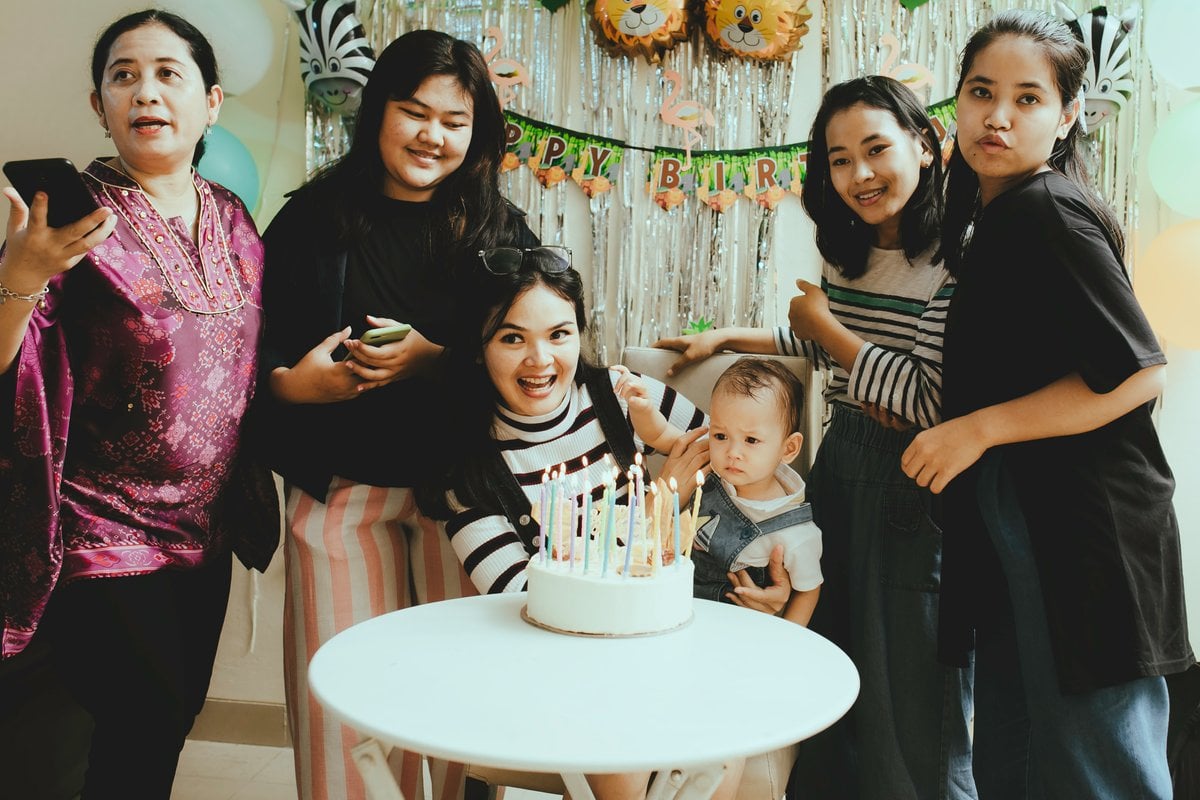
Millennials are known to document their children’s lives more than any other generation before them. And as a 30-something-year-old mum, I’m guilty of it. The first picture I posted of my daughter online was one where she wasn’t even born yet.
It was an ultrasound that showed her curled up like a little black-and-white bean in my womb.
As a first-time parent, I was excited to share with my friends and family what I was going through. I’m pregnant and there is life inside me! I even edited the photo by drawing a couple of digital arrows to show where her head was so they knew exactly what they were looking at.
Watch: Parenting 101. Post continues after video.
However, after she was born, I started to reflect on this trend.
Is it okay to post pictures of your kids on social media?
What if they can’t tell us whether they want us to?
Should we be making these decisions when we’re not the actual person in the photo?
What if we share more than a photo? For instance, personal details that can potentially get them into trouble?

